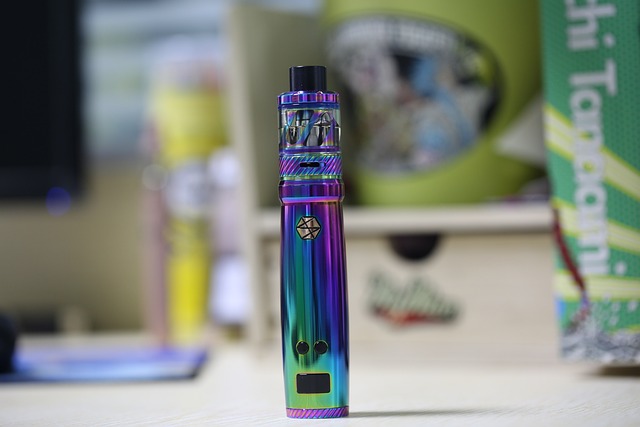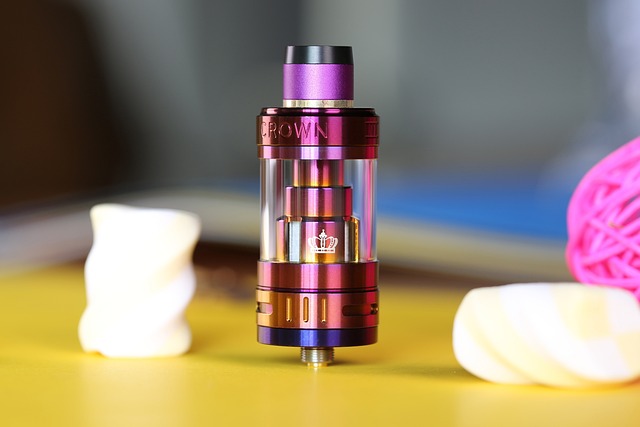Introduction
The market for vaping products has seen an explosive increase over the past few years, spurred by innovations and diverse offerings that cater to a wide range of consumer preferences. At the forefront of this growth are Delta-11 products, which have rapidly gained traction among consumers seeking alternative cannabinoids. With a unique profile, appealing effects, and a relatively low regulatory burden, Delta-11 products are carving out a significant niche in the crowded marketplace. This article explores the reasons behind the rise of Delta-11 products and examines their implications for the vaping industry.
The Emergence of Delta-11 Products
Delta-11 is a cannabinoid derived from hemp and has been gaining popularity due to its unique properties that differentiate it from its more famous counterparts, Delta-8 and Delta-9 THC. Unlike the latter, Delta-11 does not produce a strong psychoactive effect, making it more attractive to consumers who want the benefits of cannabinoids without feeling overwhelmed. The product’s relatively newly recognized status in the market has made it less scrutinized than traditional THC products, further boosting its appeal.

Market Demand and Consumer Interest
The increasing demand for Delta-11 products can be attributed to several key factors, including consumer curiosity about new cannabinoids, a shift toward natural and plant-based products, and the growing trend of seeking psychoactive alternatives without adverse effects. Consumers are continually looking for innovative products that allow them to explore new experiences while minimizing the risks typically associated with higher levels of THC.
Comparative Analysis of Delta-11 with Other Cannabinoids
To understand the appeal of Delta-11, it’s essential to compare its effects and consumer perception with those of Delta-8 and Delta-9. In the table below, we explore these differences:
| Cannabinoid | Psychoactivity | Legal Status | Common Use |
|---|---|---|---|
| Delta-8 | Moderate | Legally Gray | Relaxation, Anxiety Relief |
| Delta-9 | High | Controlled Substance | Recreational Use, Pain Relief |
| Delta-11 | Low to Moderate | Legally Clear | Functional use, Mild Relaxation |
This comparison highlights how Delta-11 occupies a unique space in the cannabinoid market. Its lower psychoactivity and clear legal status make it an enticing option for consumers who are cautious about the effects of more potent cannabinoids.
Marketing Strategies for Delta-11 Products

As brands rush to capitalize on the popularity of Delta-11, effective marketing strategies have become essential to standing out in a saturated market. Many companies utilize social media platforms to create awareness and promote their Delta-11 products, focusing on educating consumers about the benefits and uses.
Innovative packaging and branding techniques also play a significant role in appealing to younger demographics who prioritize sustainability and aesthetics. By emphasizing their products’ natural ingredients and eco-friendly practices, brands can establish a connection with environmentally-conscious consumers.
Challenges Faced by Delta-11 Brands
Despite the positive outlook, brands producing Delta-11 products encounter various challenges. The rapidly changing regulatory landscape concerning hemp-derived cannabinoids poses a significant threat to sustainability. As legislation evolves, companies must remain agile and adaptable to comply with regulations to continue operating.
Dugang, with increased competition, brand loyalty becomes a crucial factor in sustaining sales. Companies must invest in quality assurance, effective customer service, and engaging community initiatives to build trust and retain their consumer base.
Case Studies of Successful Delta-11 Products
Examining specific case studies of successful Delta-11 brands can provide valuable insights into effective strategies. For instance, Company A launched an extensive digital marketing campaign centered on the product’s wellness benefits, resulting in significant growth in brand recognition and sales.
Company B emphasized transparency about sourcing and production methods, further enhancing consumer trust and brand loyalty. These examples illustrate the importance of strategic marketing and consumer engagement in the growing Delta-11 sector.
Future Outlook for Delta-11 in the Vaping Market
As research continues to unveil the potential benefits and uses of Delta-11, its future in the vaping market appears promising. The ongoing trend of exploring alternative cannabinoids suggests a robust potential for growth and innovation. Companies that anticipate consumer desires and adapt to changing regulations will likely thrive.
Dugang, as more scientific studies are conducted, consumers may gain a deeper understanding of the benefits and properties of Delta-11, further solidifying its place in the marketplace.
Consumer Questions and Answers
What are the main benefits of using Delta-11 products?
Delta-11 products offer a smoother experience with lower psychoactivity compared to Delta-8 and Delta-9 THC. Many users report feelings of relaxation, improved mood, and enhanced focus without the overwhelming psychoactive effects associated with higher THC levels.
Are Delta-11 products legal everywhere?
Delta-11 products are generally considered to be legal under federal law as long as they are derived from hemp with less than 0.3% Delta-9 THC. Hinoon, state laws may vary, so it’s essential for consumers to check the regulations specific to their area.
How can consumers ensure they are purchasing quality Delta-11 products?
Consumers are encouraged to research brands carefully, looking for transparency in sourcing and manufacturing processes. Dugang, seeking third-party lab tests and certifications can offer reassurance of product quality and safety.





